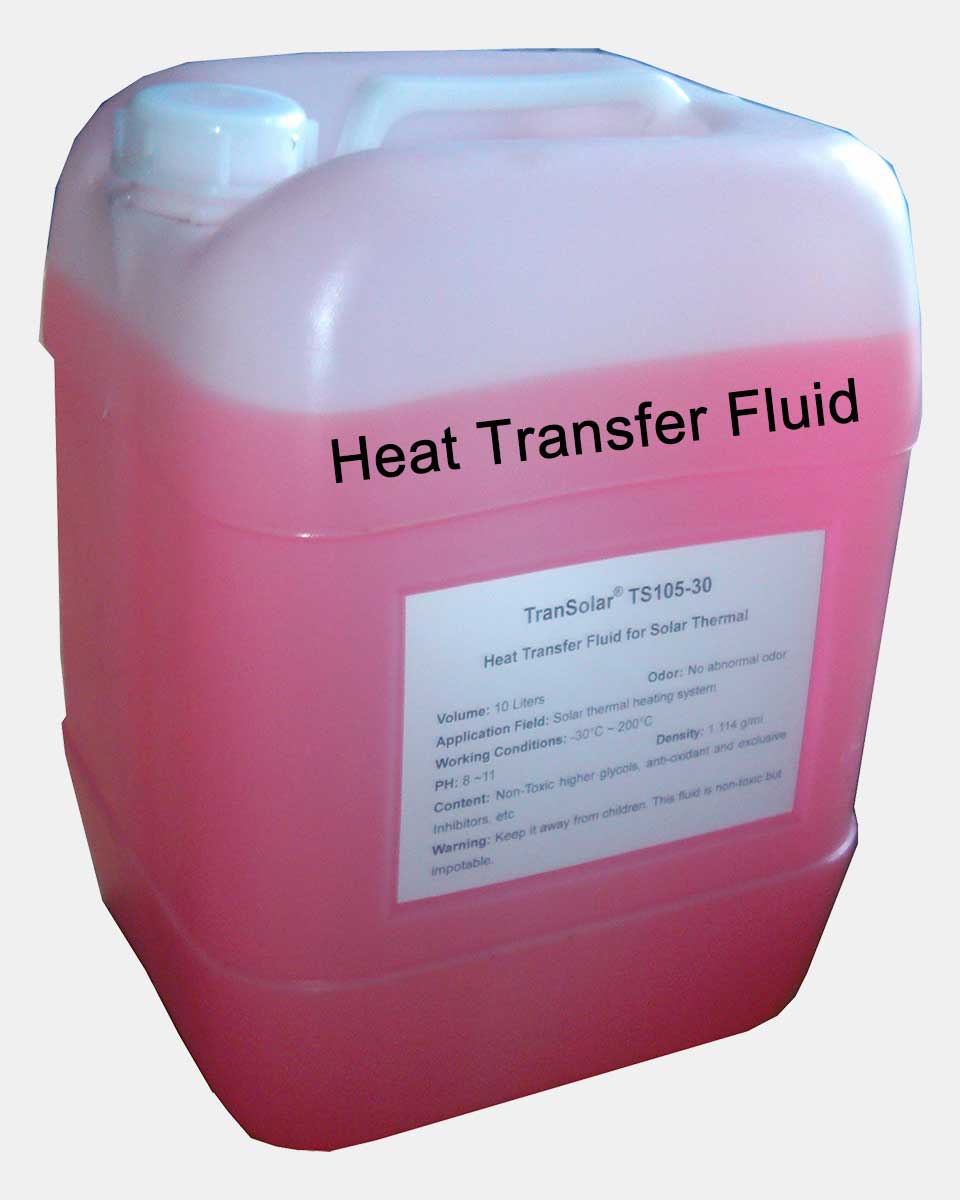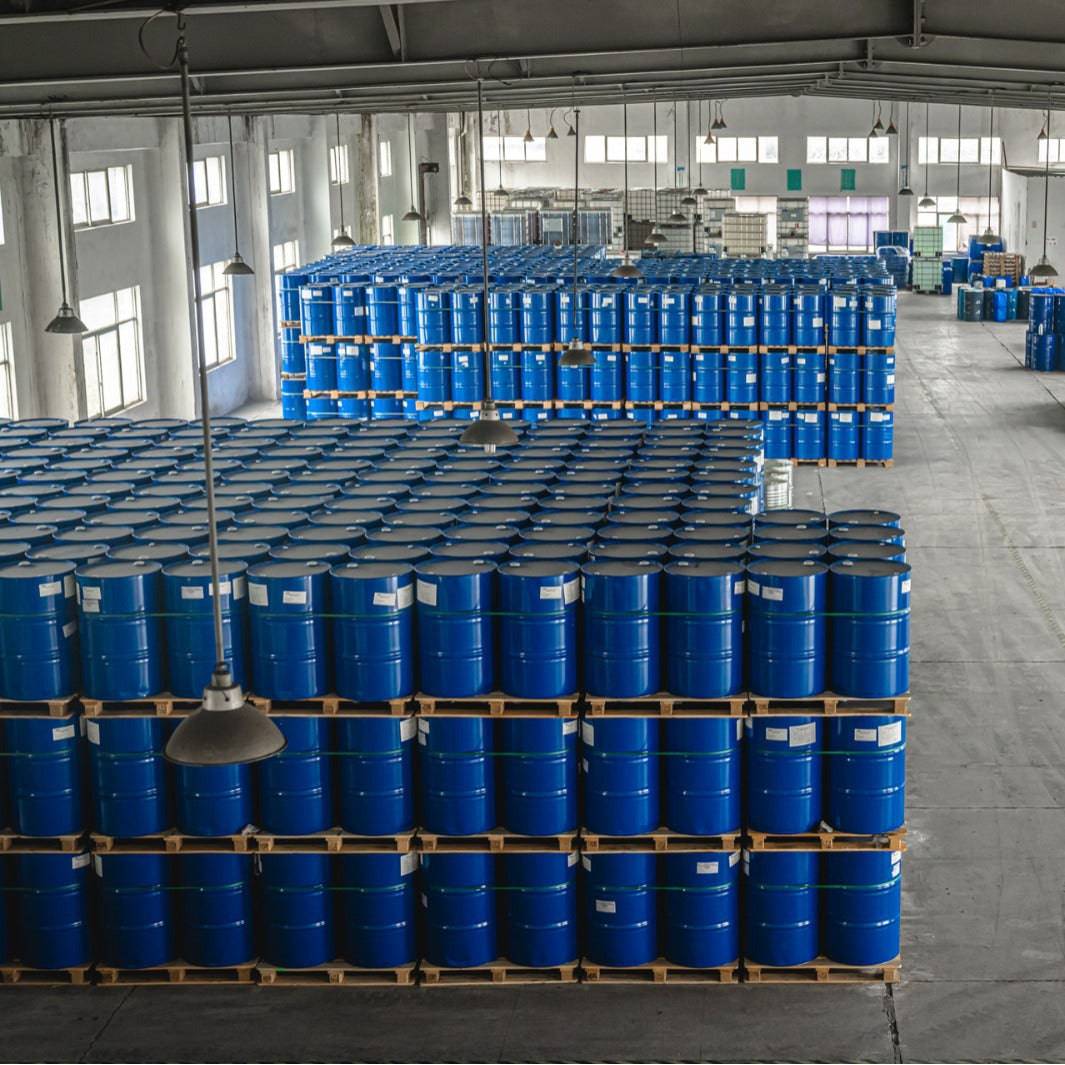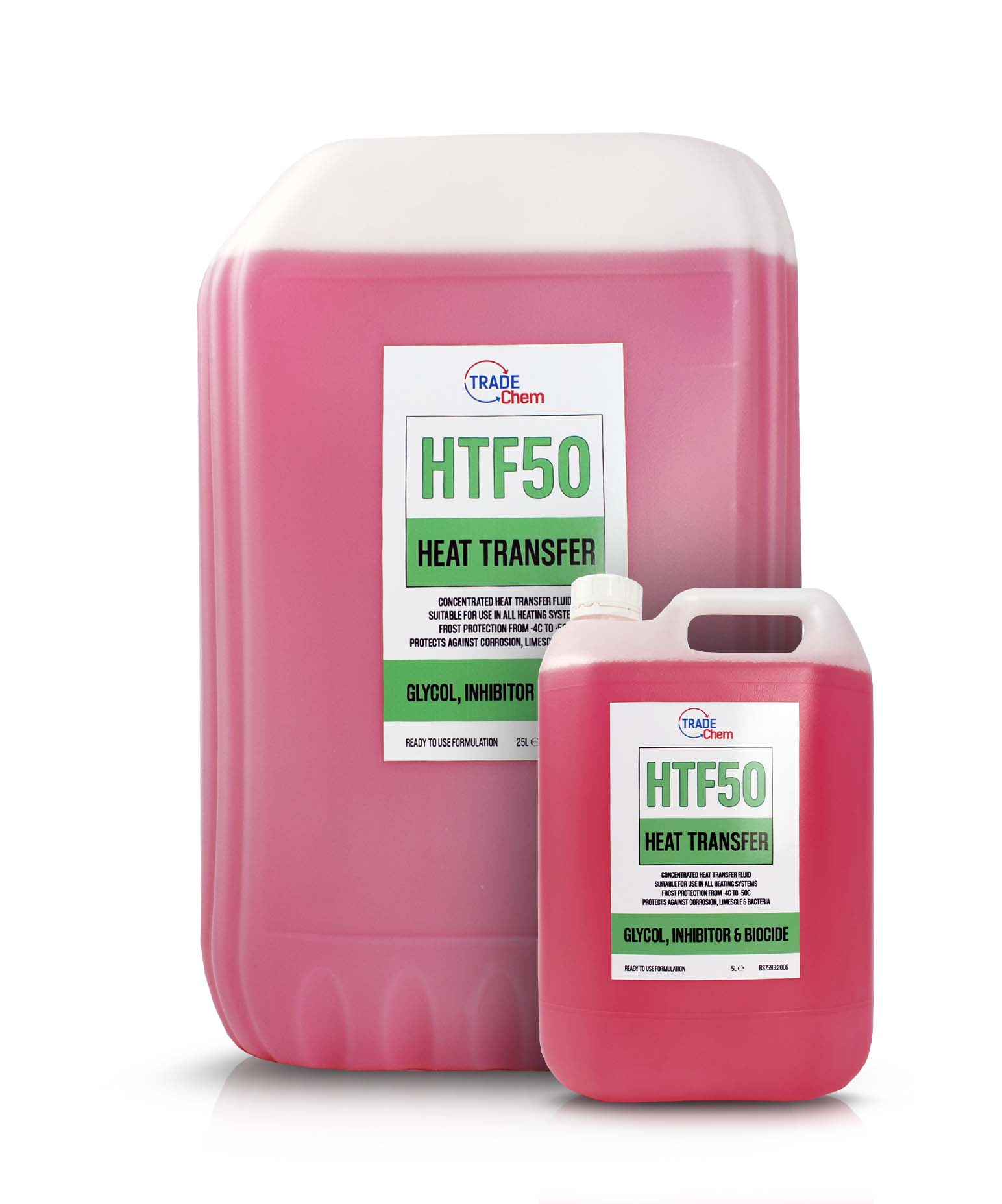How Heat Transfer Fluid Effects the Effectiveness of A/c Equipments
How Heat Transfer Fluid Effects the Effectiveness of A/c Equipments
Blog Article
How Warmth Transfer Fluid Adds To Lasting and Affordable Operations
In the modern-day industrial landscape, the role of warm transfer fluids (HTFs) in advertising sustainable and cost-efficient procedures can not be overstated. These liquids are critical in maximizing thermal administration systems, thereby dramatically improving power effectiveness and reducing functional prices. The ecological advantages of sophisticated HTFs, with their high thermal security and low poisoning, are undeniable. They not only expand system longevity however also add to the decrease of hazardous exhausts. Yet, real capacity of HTFs is understood through the careful option process, making sure compatibility and safety and security. What variables should guide this vital option?
Comprehending Heat Transfer Liquids
In the realm of thermal monitoring, warm transfer fluids (HTFs) offer as necessary agents for moving thermal power from one location to an additional. These liquids play a critical role in numerous industrial applications, including chemical handling, power generation, and Heating and cooling systems.
The composition of warmth transfer fluids can differ substantially, including options such as mineral oils, artificial oils, glycols, and molten salts. Each kind offers distinctive advantages, such as enhanced thermal security, low viscosity, and high boiling factors, which are chosen based upon certain operational needs. Moreover, the option of HTF impacts not just the efficiency of warm transfer yet likewise the long life and security of the system in which it is used.
As sectors continue to innovate, the advancement of innovative HTFs, characterized by their improved thermal conductivity and minimized ecological effect, is vital for fulfilling the needs of contemporary thermal administration challenges.

Enhancing Power Efficiency

Improving power performance has actually come to be an extremely important concern across various industries, motivating a more detailed examination of heat transfer liquids' duty in maximizing thermal monitoring systems. These liquids are important to preserving the preferred temperature in processes, thereby minimizing energy waste and boosting total system effectiveness. By choosing a proper heat transfer liquid, markets can dramatically enhance their energy performance, bring about lowered energy consumption.

Advanced formulas of warmth transfer fluids have been established to withstand extreme temperature levels while keeping stability and efficiency. Improving power performance through optimal warm transfer liquid option is not just a technical requirement however additionally an environmental crucial.
Lowering Operational Costs
Operational expenses are a considerable factor to consider for sectors looking for to maintain competitive advantage, and the choice of heat transfer fluid plays a vital duty in price monitoring. Selecting an appropriate heat transfer fluid can result in considerable expense financial savings by improving system effectiveness and minimizing power usage. High-performance liquids lessen thermal deterioration, which consequently decreases the regularity of liquid substitute and downtime connected with maintenance, thus lowering functional expenditures.
In addition, warmth transfer liquids with exceptional thermal stability and corrosion resistance expand the life-span of devices. This decreases the need for frequent fixings and substitutes, which can be expensive and disruptive to procedures. By buying top notch liquids, sectors can accomplish long-term decreases in upkeep expenses and improve the reliability of their systems.
Furthermore, advanced warm transfer liquids often display reduced viscosity at running temperature levels, which enhances pump effectiveness and lowers energy use in liquid circulation. Numerous modern-day heat transfer fluids are engineered to operate efficiently over a large temperature level array, reducing the need for multiple fluid types, consequently enhancing supply needs and reducing associated costs.
Environmental Impact Reduction
The press in the direction of minimizing ecological effect has gained energy in sectors leveraging warm transfer fluids. Warmth transfer liquids (HTFs) play an important function in her response this transition, offering possibilities to boost energy efficiency and reduce exhausts - about his heat transfer fluid.
Furthermore, the use of innovative warm transfer liquids contributes to improved system effectiveness, decreasing the total energy consumption. This decrease not only results in expense savings yet also decreases carbon dioxide exhausts, helping in the battle against environment modification. Liquids that are eco-friendly and recyclable additionally enhance sustainability initiatives, as they decrease waste and promote round economy techniques.
Furthermore, incorporating HTFs into closed-loop systems avoids fluid loss and contamination of the surrounding setting. This method makes certain that fluids are reused, lowering the demand for new sources and restricting waste generation. By embracing these eco aware techniques, markets can substantially lessen their ecological effect while keeping high functional efficiency, lining up with international sustainability objectives and regulatory needs.
Picking the Right HTF
Choosing the suitable warm transfer fluid (HTF) is a crucial action in progressing ecological sustainability within industrial processes - heat transfer fluid. An optimal HTF must possess a high thermal capability, low viscosity, and high thermal conductivity to ensure efficient heat transfer.
When selecting an HTF, it is vital to consider Full Article its compatibility with system products to prevent deterioration and chemical reactions. This makes certain long life and reduces upkeep costs. Furthermore, the fluid should be safe and biodegradable, minimizing its ecological impact and making sure compliance with environmental laws. The lifecycle price of the HTF, incorporating purchase, operation, and disposal, should also be assessed to make sure financial usefulness.
Verdict

Report this page